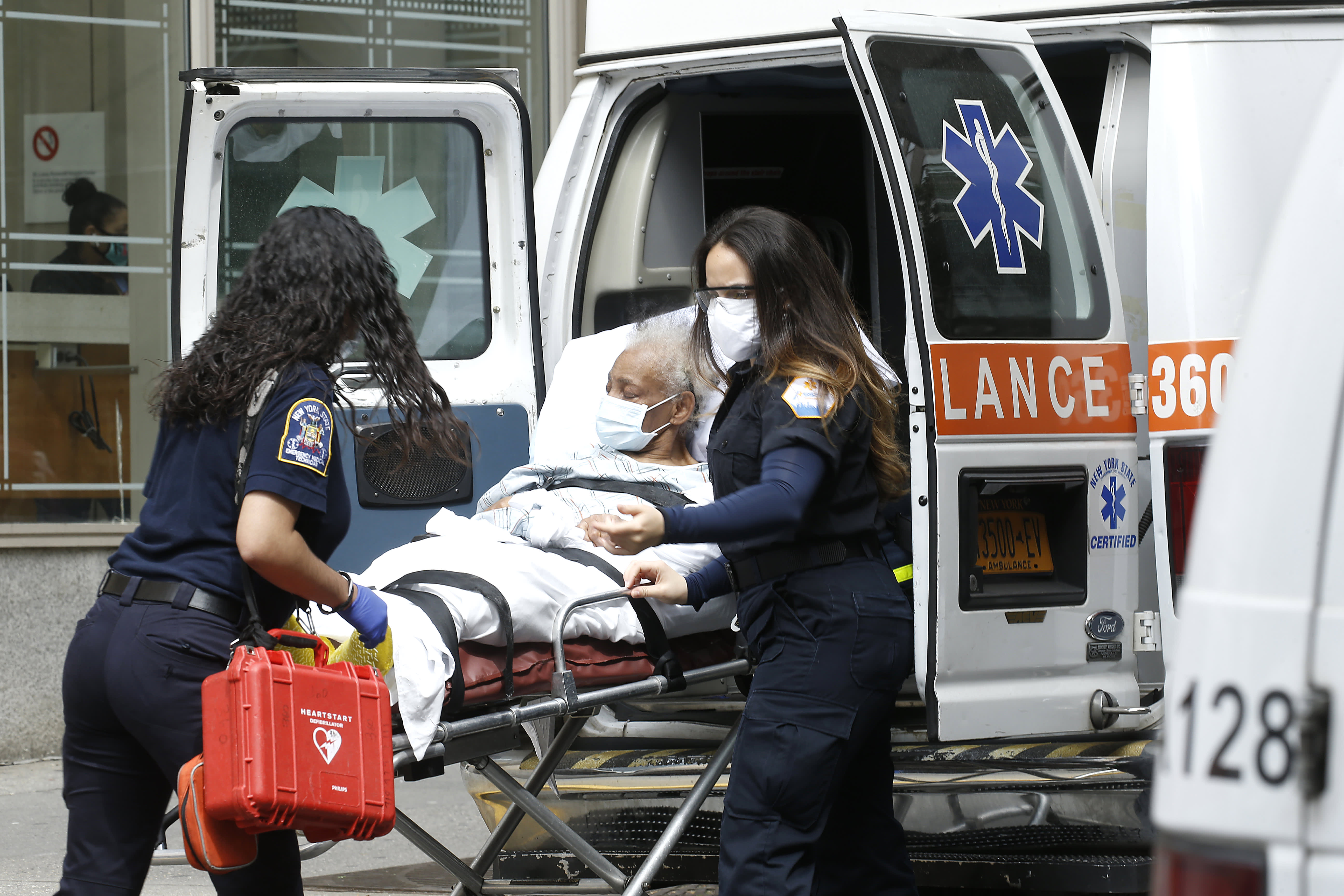
The coronavirus pandemic has fundamentally reshaped the U.S. health care system, and exposed some of its most gaping problems.
But it's also changed things for the better, according to a panel of experts speaking at CNBC's annual Technology Executive Council Summit on Thursday. One of the biggest shifts has been the adoption of telemedicine. As patients look for alternatives to in-person care, millions are now opting for a virtual video visit or chat session with a doctor.
At the start of the pandemic said Darren Dworkin, the senior vice president of enterprise information services and CIO for Cedars-Sinai Medical Center, visits went from the high single digit thousands per month to 10 times that. In recent months, he said, his health system is seeing a "drift to going back to in-person." So at this stage, it's still to be determined how telemedicine will be used in the years after the pandemic.
UnitedHealthcare's chief information officer Carissa Rollins has been tracking the trend. United, which is the largest health insurer in the United States, has seen a dramatic shift. Since January, she said, there have been 13 million tele-health visits, representing 1.3 visits per member. Behavioral health has seen a particularly large surge. And women, she said, are driving the adoption, given that they are often the "primary decision-makers on health care" for their families.
What lies ahead?
None of the panelists had a clear sense for when life would return to normal, meaning our experiences of health care, school and work would shift back to in-person rather than virtual. But they did share some concerns about the continued apprehension about seeking care at the hospital or clinic.
"People are delaying care and we are concerned," said Rollins.
"We are seeing the biggest drop in screening and it's hard to predict what will happen," added Dworkin, referring to the fact that fewer patients are receiving preventative care.
Stephen Boyer, the founder and chief technology officer of BigSight, a cybersecurity company, agreed that it's a difficult thing to predict. "We are preparing for a marathon," he said.
In the meantime, the panelists agreed that there's a lot more we could be doing to get the virus under control. Contact tracing, the process by which trained public health personnel contact those who have tested positive for the virus and try to establish the people they might have exposed to the virus, has struggled to take off in the United States relative to other countries. And that's despite the new technology tools that aim to make it easier: Using smartphones, public health organizations can more precisely determine who might have been exposed to the virus.
Dworkin described the lack of contact tracing in the various states as less of a technology problem, and more about the lack of coordination. "The reality is that health care before the pandemic was very fragmented in the United States," he explained. "We are discovering the downsides... and this is falling between the cracks."
Rollins agreed that it's more of a problem of "politics," and not technology. As she pointed out, there's a wide variation across the country around how seriously people take the virus -- including whether they're willing to help contact tracers, or download apps to monitor their proximity to others.
The lack of available resources for public health is a big problem, the panelists agreed, and more work needs to be done to improve both communication and coordination.
"People forget how much of public health is broken down by local geographies that weren't naturally attuned to work together, or funded to develop a policy," said Dworkin.
When asked about the major shift they'd want to see happen at this stage of the pandemic, each of the panelists had a different response. Rollins saw an opportunity to use data and artificial intelligence to better understand the factors that contribute to a Covid-19 diagnosis.
In Boyer's view, cybersecurity is an overlooked, but vitally important, area. "We saw the first ransomware-related death in Germany last week," he said. "Hackers are going after hospitals."
For Dworkin, there's a big opportunity to expand health care to communities across the country, particularly to regions that have historically lacked access to health care professionals. "The reality is we don't have universal access to health care - and you are really starting to see the effects of this."
"care" - Google News
October 30, 2020 at 07:57PM
https://ift.tt/3jD6VMh
The pandemic has exposed gaping problems with the U.S. health care system - CNBC
"care" - Google News
https://ift.tt/2N6arSB
Shoes Man Tutorial
Pos News Update
Meme Update
Korean Entertainment News
Japan News Update
Bagikan Berita Ini














0 Response to "The pandemic has exposed gaping problems with the U.S. health care system - CNBC"
Post a Comment